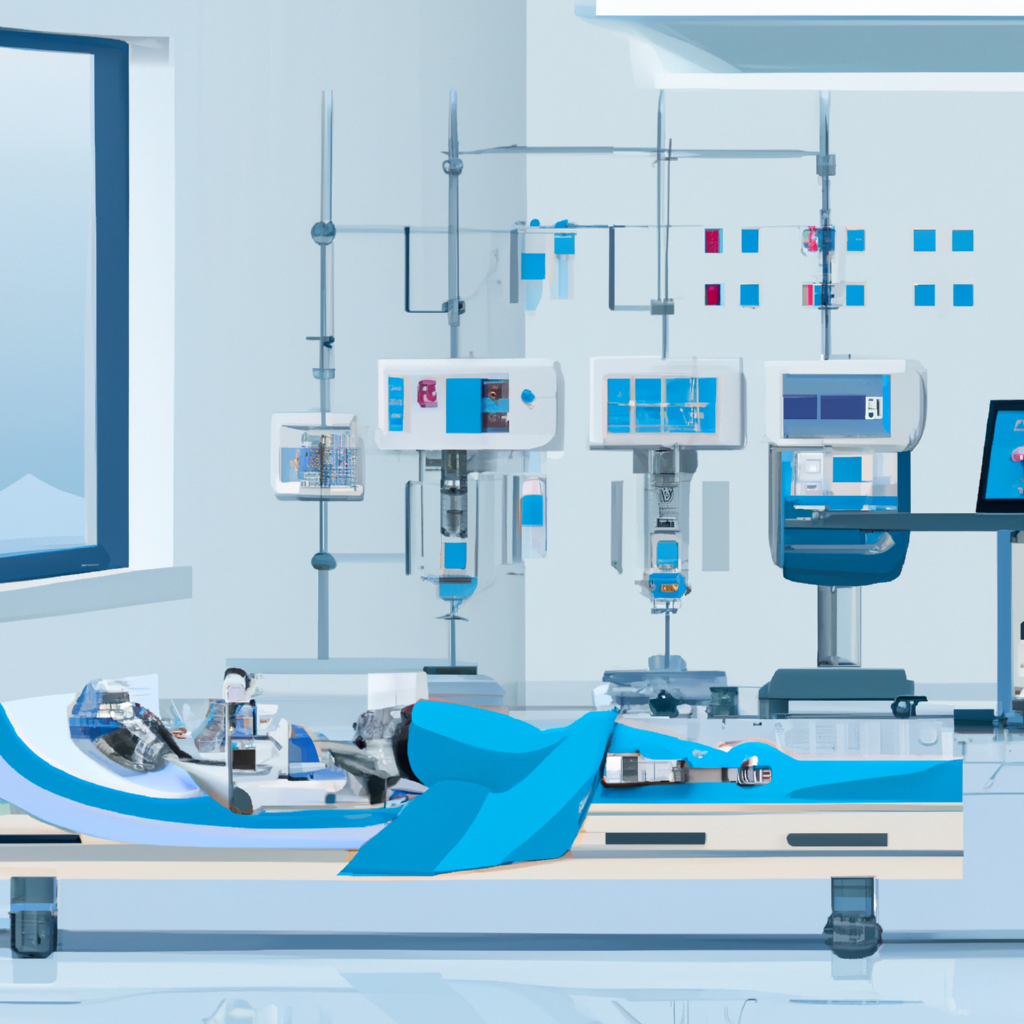
The healthcare industry has been a frontrunner in adopting artificial intelligence (AI) technology. AI has the potential to revolutionize the way patients receive care and how healthcare providers deliver it. From drug discovery to medical imaging, AI is transforming every aspect of healthcare. In this article, we will explore the ways in which AI is changing patient care and the benefits it brings to patients, healthcare providers, and the industry as a whole.
AI in Diagnostics
One of the most significant applications of AI in healthcare is in diagnostics. AI algorithms can be trained on large datasets to recognize patterns and detect anomalies that might be missed by human doctors. This can help in the early detection of diseases and improve patient outcomes.
For example, AI-powered tools like IBM Watson can analyze medical images and help radiologists detect early signs of diseases like cancer. This can lead to earlier diagnosis and treatment, which can improve patient survival rates.
AI in Personalized Medicine
Another area in which AI is making a significant impact is in personalized medicine. AI algorithms can analyze patient data, including genetic information, medical history, and lifestyle factors, to develop personalized treatment plans. This can lead to better outcomes for patients and reduce the risk of adverse side effects.
For example, companies like Tempus are using AI to develop personalized cancer treatments based on the individual patient’s genetic profile. This approach has shown promising results in improving patient outcomes and reducing the side effects of chemotherapy.
AI in Drug Discovery
AI is also being used to revolutionize the drug discovery process. Traditional drug discovery can take years and cost billions of dollars. AI algorithms can analyze large datasets to identify potential drug candidates and predict their efficacy, reducing the time and cost of drug development.
For example, Insilico Medicine used AI to develop a potential treatment for fibrosis in just 46 days, a process that would have taken years using traditional methods. This speed and efficiency could lead to the development of more effective drugs and lower costs for patients.
AI in Remote Patient Monitoring
The COVID-19 pandemic has accelerated the adoption of telemedicine and remote patient monitoring. AI-powered tools can monitor patients remotely, collecting data on vital signs, symptoms, and medication adherence. This can help healthcare providers detect early signs of complications and intervene before the patient’s condition worsens.
For example, companies like Biofourmis are using AI to monitor patients with heart failure remotely. The AI algorithms can detect early signs of worsening heart failure and alert healthcare providers to intervene before the patient requires hospitalization.
Challenges and Limitations of AI in Healthcare
While AI has the potential to revolutionize the healthcare industry, there are still challenges and limitations to its adoption. One of the biggest challenges is the lack of data standardization and interoperability. Healthcare systems often use different data formats and systems, making it challenging to integrate AI-powered tools.
Another challenge is the risk of bias in AI algorithms. AI algorithms are only as good as the data they are trained on. If the training data is biased, the algorithm will make biased decisions. It is essential to ensure that AI algorithms are trained on diverse and representative datasets to avoid these biases.
Conclusion
AI is transforming the healthcare industry, from diagnostics to drug discovery and remote patient monitoring. AI-powered tools can help healthcare providers deliver personalized care to patients, improve patient outcomes, and reduce costs. However, there are still challenges and limitations to its adoption, and it is essential to address these issues to realize the full potential of AI in healthcare. As the healthcare industry continues to embrace AI, patients can look forward to more personalized, effective, and efficient care.